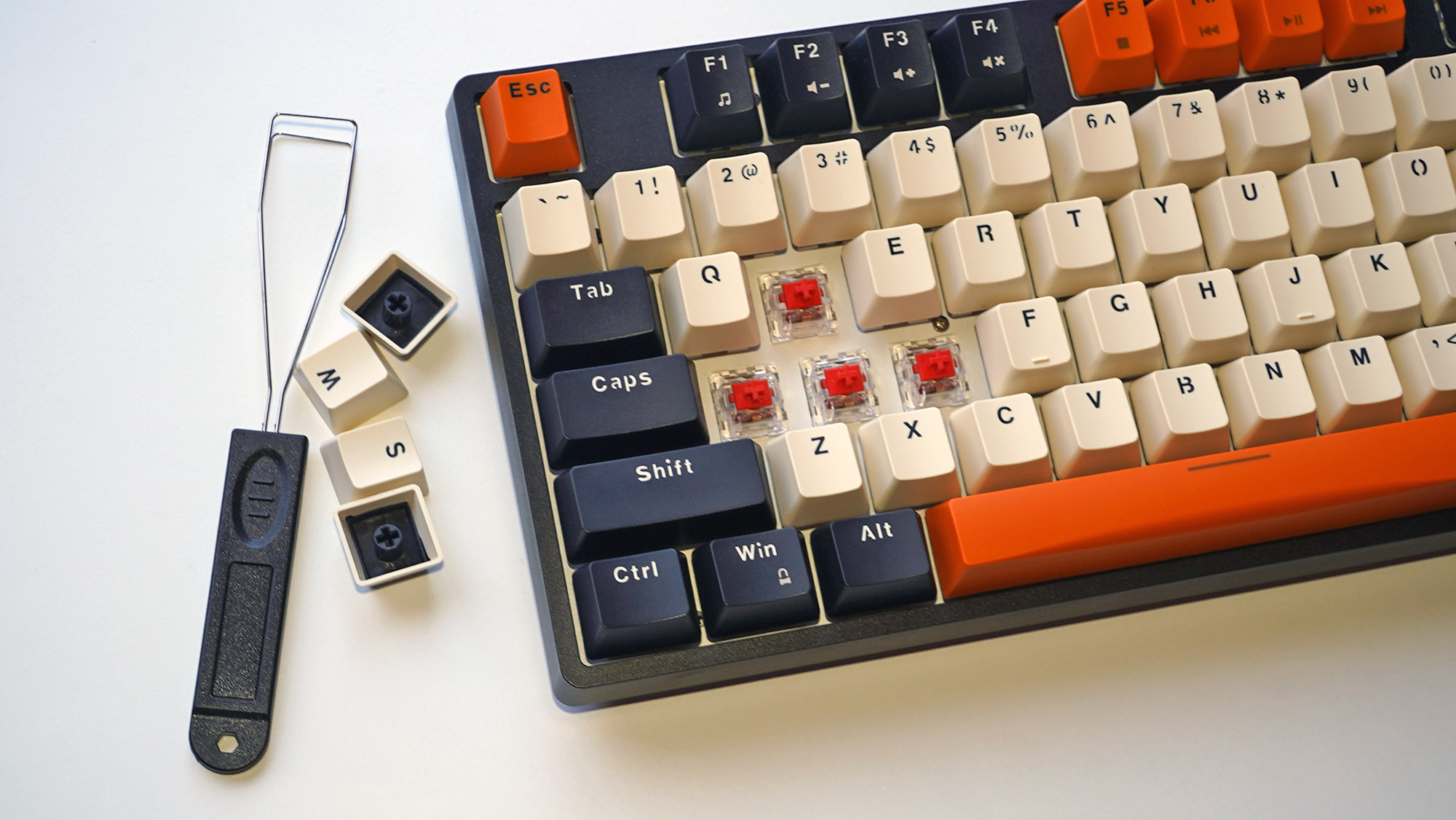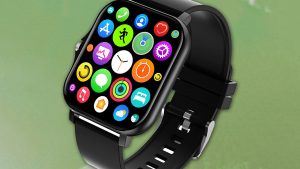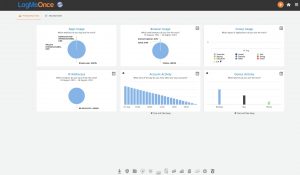

A noisy, clicky-clacky keyboard is the delight of (at least some) mechanical keyboard fans. You may desire to reconsider that position, if the homicidal glares of your household and colleagues aren’t enough to convince you currently. A team of security researchers in the UK has developed a system that can listen to your keystrokes and record precisely what you’re typing– even over a web conferencing app like Zoom.
To be clear, this isn’t an active hazard “in the wild,” more of a proof of idea so that security managers can be familiar with a potential risk. Scientists from Durham University, University of Surrey, and Royal Holloway University of London (PDF link) developed a two-step process: taping a selection of keystrokes from a particular keyboard by means of a jeopardized vector, like a smartphone filled with targeted malware, then utilizing those recordings to “train” an algorithm to determine the audible differences in the sound each private key on the keyboard makes.
Put that data through an analysis program and you can “hear” what’s being typed with approximately 95 percent accuracy. That’s by means of the regional smartphone method– recordings made through Zoom and Skype were “just” 93 percent and 91.7 percent precise, respectively.
For the tests the team used a MacBook Pro and an iPhone as the preliminary recording point, though the system was restricted to simply 36 keys, the primary letter and number keys. According to Bleeping Computer, the training system needed to “hear” each key pushed 25 times in a row in order to create a reputable training system, and it also required the input of the keys in the kind of the text being typed. After that, it had the ability to transcribe what was being typed based on audio alone. That means a system to replicate these outcomes in the real world would most likely need a lot more input in order to develop a trustworthy design; You do not use the Z or X keys as often as E and A.
Key sound decrease doesn’t look like a valid mitigation alternative, since laptop keys have to do with as quiet as it gets already. The scientists motivate those who wish to protect themselves against this type of attack usage randomized passwords– a 20-character password with lots of uppercase letters and unique characters would be sufficiently intricate to avoid an automated detection with a 95 percent accurate system. Among the best password manager programs may be practical if you’re wanting to keep your information safe.







